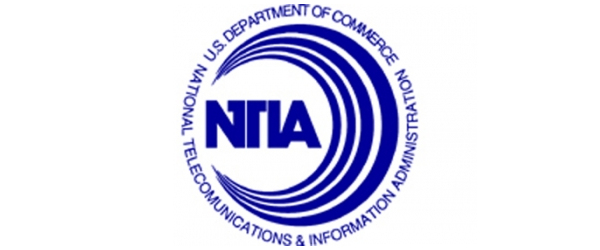The United States government says it wants to give up its regulatory powers over the Internet’s address system. It wants an independent body handling the coordination of DNS by September next year.
The proposal comes from the National Telecommunications and Information Administration, an agency of the US Commerce Department. It still retains several key administrative powers because of the way the architecture of the Internet grew out of a US military project.
These powers include the operation of the authoritative root zone file, which is effectively the master database of who own which domain name. They also include the DNS system used to match up those domain names to web servers.
Since 1998 those tasks have been carried out by the more independent Internet Corporation for Assigned Names and Numbers, which effectively acts as a contractor supervised by the NTIA. Now the NTIA says it wants to give up its Internet powers altogether.
As a first step it’s calling for ICANN to work with other Internet organizations to come up with a new set-up for overseeing and coordinating DNS around the world. The NTIA isn’t laying down the precise details but demands that the new system neither be led by a national government, nor be made up solely of national governments.
In other words, private companies and independent agencies must play a key role and the powers can’t simply go to the United Nations or its agency the International Telecommunication Union, which is the preferred option for countries such as Russia and China.
The ICANN contract relating to DNS is set to expire on September 30 next year and the NTIA wants the new system in place by then. The plan is to then make similar transitions with other powers.

